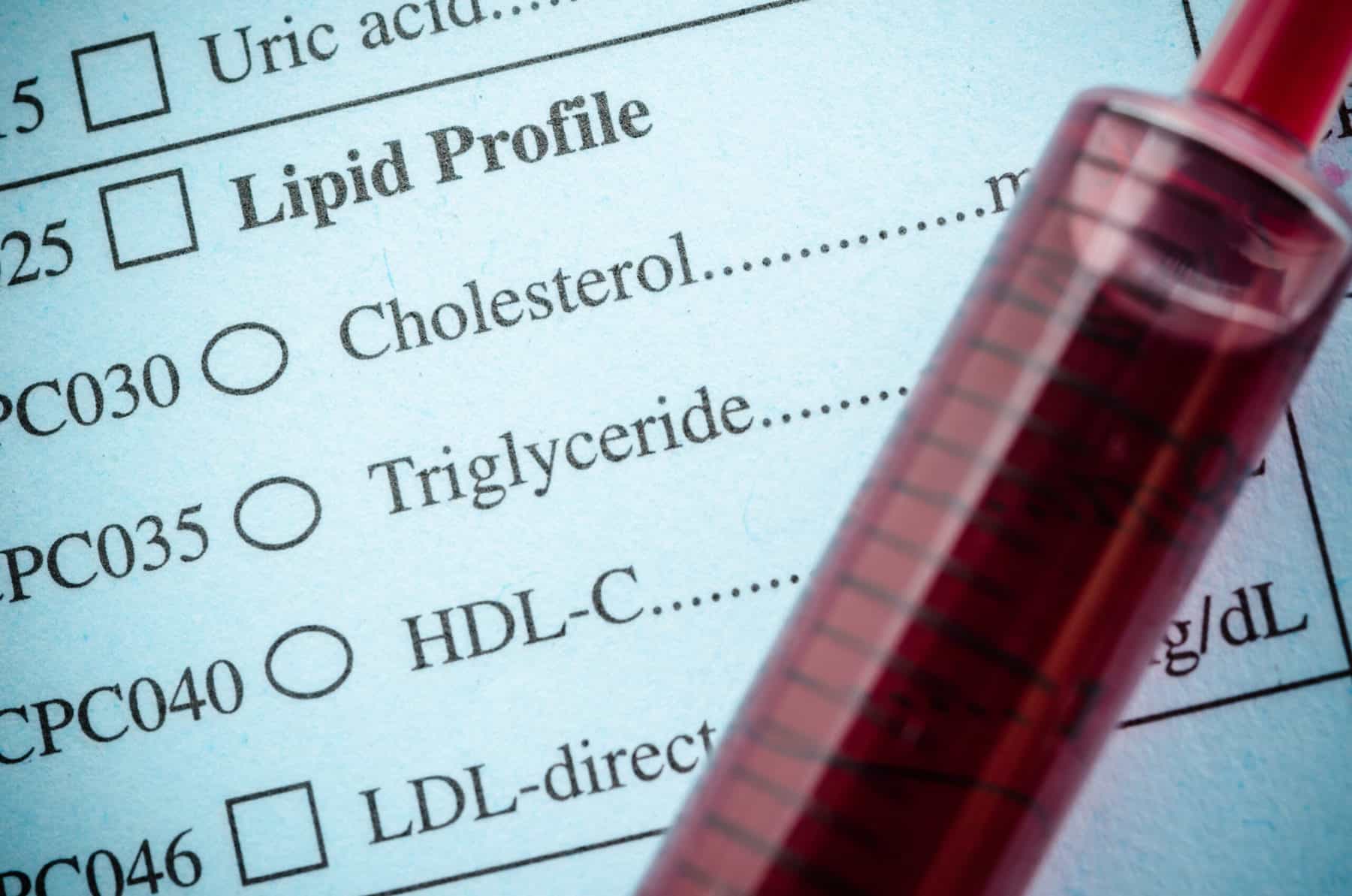Lower Your Risk of Heart Disease Naturally
A personalised anti-inflammatory diet, like the Metabolic Balance Program, is the key to lowering your risk of heart attack and cardiovascular disease naturally. This means, eating as far as possible, natural foods and avoiding processed, manufactured, and junk foods. Our modern diet is less healthy in many ways than that of our ancient ancestors. Our modern diet, for example, contains in general, way too much refined vegetable oil, and we should try to avoid this.
Refined vegetable oils encourage atherosclerosis and hence heart disease, as does trans-fat, which is used by food manufacturers in so many convenience and packaged foods. Saturated fats in meats, dairy products, and eggs, can contain arachidonic acid which is essential in small amounts, but may provoke inflammation in excess so it's all about finding the foods and amounts that work for you as an individual.
High sugar diets are also associated with inflammation, obesity, and diabetes. All directly linked to increased risk of heart disease.
Common blood tests to assess heart disease risk
Lipid Profile
A blood test to check blood cholesterol levels and reports:
- Total cholesterol
- LDL cholesterol
- HDL cholesterol
- Triglycerides (a type of fat in the blood)

Risk factors for high cholesterol
- Age
- Smoking
- Lack of physical activity
- Overweight or obesity
- Family history
- Unhealthy diet.
Whatever the cause, alternative approaches like improving your lifestyle, including your diet, can help reduce your risk of heart disease, heart attack and other heart problems.
Blood pressure monitoring
Blood pressure is considered to be increased if the systolic value exceeds 140 mmHg (millimeters of mercury) or the diastolic value exceeds 90 mmHg – or both values are higher. Based on these reference values, specialists classify high blood pressure into different degrees of severity:
- mild hypertension: 140-159 / 90-99 mmHg
- moderately increased: 160-179 / 100-109 mmHg
- severe: more than 180 / more than 110 mmHg
Risk factors for high blood pressure
Several factors can affect the regulation of blood pressure. In addition to age and hereditary predisposition, the main factors that increase blood pressure are obesity, too much salt in the diet, alcohol consumption, smoking, lack of exercise, stress or even medication.
It can be a good idea to get your own blood pressure monitor so you can get your blood pressure checked regularly at home. Understanding blood pressure readings will help you know if you are at higher risk of serious health problems. High blood pressure can damage kidneys and cause kidney problems by constricting and narrowing the blood vessels so manageing hypertension is very important.
The basic principles of an anti-inflammatory diet are:
- To eat mainly fresh, natural food and minimise consumption of processed, manufactured, and convenience foods.
- To eat plenty of fresh vegetables, including some vegetables like carrots eaten raw and some fruit.
- To aim for a variety of different foodstuffs.

There are however, foods that are positively anti-inflammatory and beneficial to health, as follows:
Omega-3 fatty acids – omega-3s are very powerful inflammation fighting compounds found in oily fish like salmon, tuna, and mackerel, and also in plant sources such as flax seeds, pumpkin seeds, walnuts, olive oil, and grape seed oil.
Vegetables - especially dark green, leafy vegetables, are rich in phytochemicals and antioxidants that fight inflammation. Brightly coloured vegetables contain valuable flavonoids.
Fruits - contain many important anti-inflammatory compounds such as quercetin, found in apples and red onions, plus a range of anti-oxidants. Many berries like strawberries, blueberries, and raspberries, are especially rich in anti-oxidants.
Mediterranean diet – It has long been recognised that the Mediterranean peoples enjoy good general health and longevity, and this may well be linked, not just to the sunshine, but to a healthy diet. They consume a good deal of fish, fresh fruit and vegetables of all sorts, and olive oil. Some nuts, like almonds, are high in vitamin E content, and this is an important antioxidant. Almonds also seem to help lower cholesterol levels.
Fibre – aids digestion, nutrient absorption, and is also beneficial in reducing inflammation. Another important element in a natural diet containing whole grains, fruit and vegetables, is the beneficial fibre content.
In order to reduce inflammatory processes in our body which contribute to ageing and disease, we should strive for a diet as natural and personalised as possible. Since we are probably not yet fully adapted through evolution to cope with many of the artificial elements that abound in food in developed countries. In terms of our digestive physiology we are still cavemen in essence.
With dietary and lifestyle modifications we reduce the side effects medications may cause.
If you’d like to learn how to improve heart health and lower your cholesterol levels naturally through simple and personalised dietary and lifestyle changes then find out more about the Fuel & Nourish with Metabolic Balance Program with Clinical Nutritionist Lisa Snowdon.

